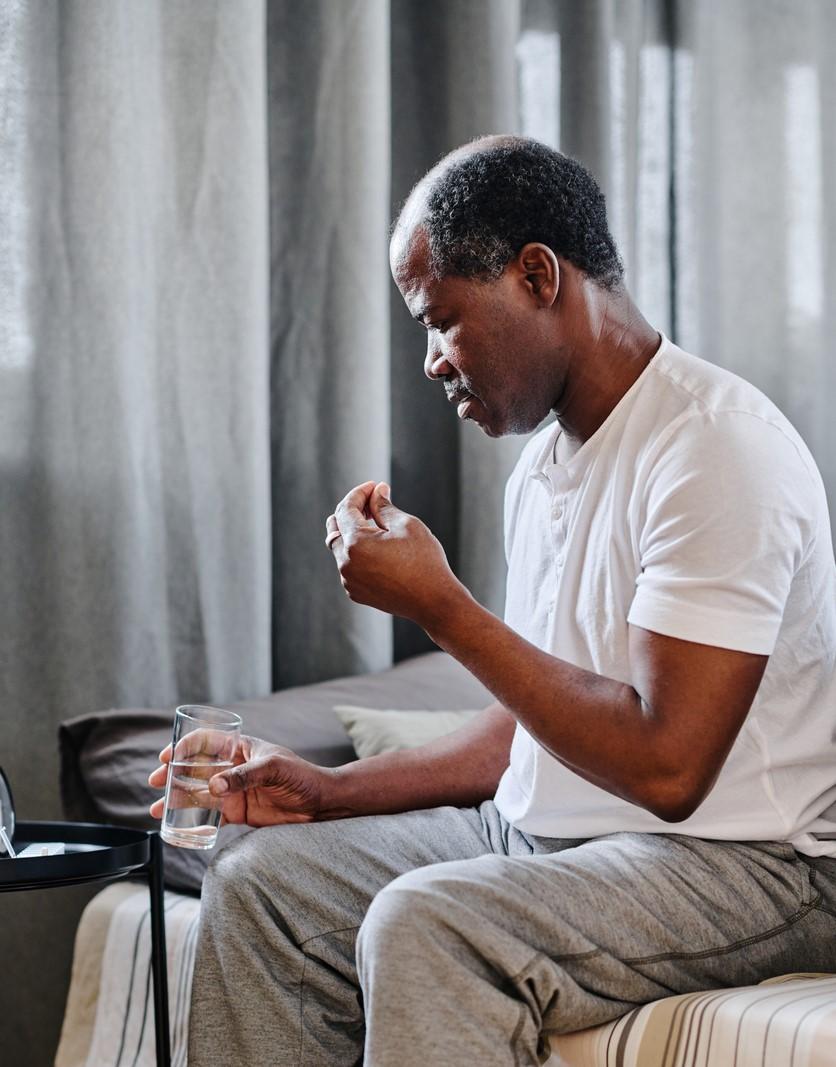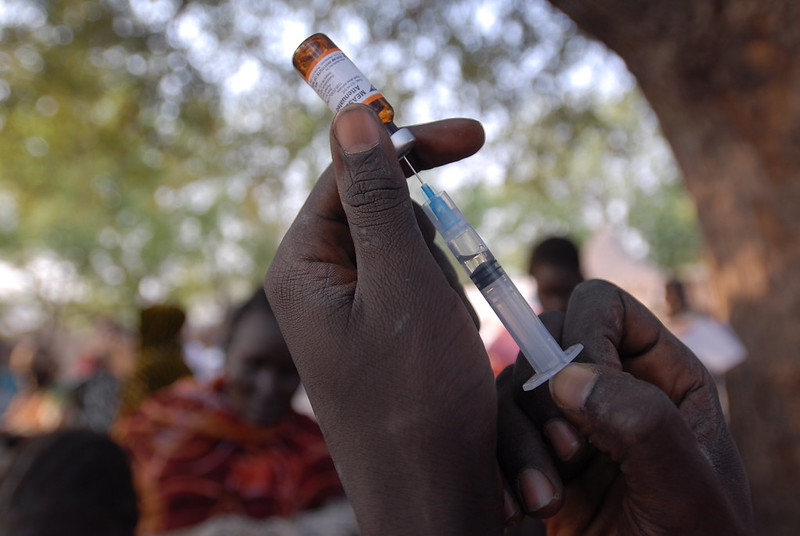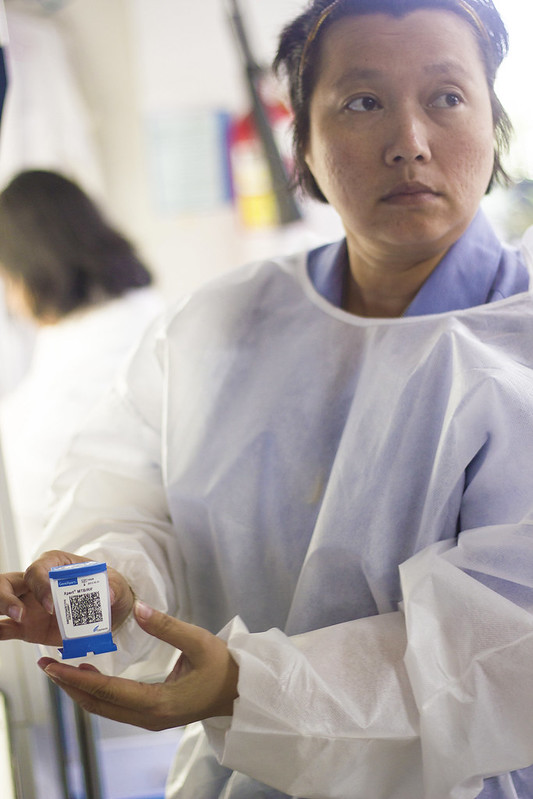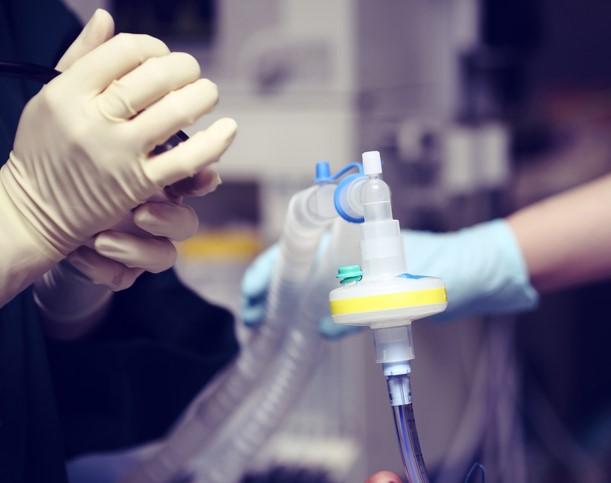The Pan American Health Organization (PAHO) recently posted an epidemiologic alert about a rise in dengue cases in Central America and the Caribbean regions, urging countries to review their response plans and step up surveillance ahead of the Southern Hemisphere's summer season.
So far this year, about 3.4 million dengue cases have been reported in the Americas, exceeding the record 3.1 million cases recorded in 2019. Brazil by far has been the hardest-hit country in 2023, followed by Peru and Bolivia. Brazil has also reported the highest number of severe cases, followed by Colombia, Peru, Bolivia, and Mexico. So far this year, 1,612 dengue deaths have been reported in the Americas, putting the case-fatality rate at 0.05%.
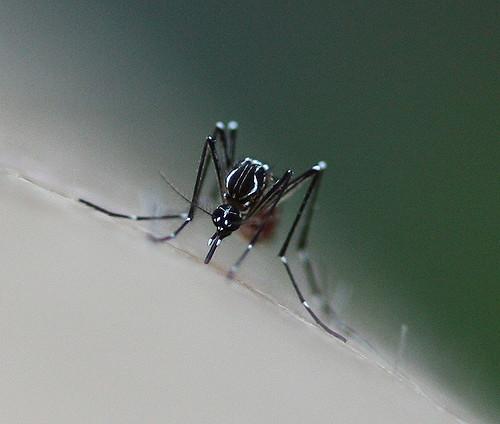
In Central and North America, Nicaragua has been the hardest-hit country this year, with cases 83% higher than the same period in 2022 and 1.87 times higher than the 5-year average. Mexico's cases this year are triple that of 2022 and are double the 5-year average. Cases are also above 2022 and 5-year averages in Costa Rica and Guatemala.
In the Caribbean, the Dominican Republic, Martinique, and Guadeloupe have been the top hot spots, and in the United States, Puerto Rico has reported 374 locally acquired cases, with cases also reported in Florida and Texas.
PAHO said the seasonal rise in activity and the onset of the rainy season in the second half of 2023 has burdened some healthcare systems in Central America and the Caribbean, a signal that countries entering their summer season prepared their health systems to cope with an expected rise in cases.
Florida reports 4 more local dengue cases
In related developments, Florida in its latest weekly surveillance update reported 4 more local dengue cases, raising the year's total to 23. Most cases this year were reported in Miami-Dade County, with a few in Broward, Hardee, and Polk counties. Two cases involved non-Florida residents.
Of 22 subtyped samples, 17 infections were from dengue serotype 3, with 4 from serotype 2, 1 from serotype 1, and 1 from an unknown serotype.
 In Open Forum Infectious Diseases,
In Open Forum Infectious Diseases, 